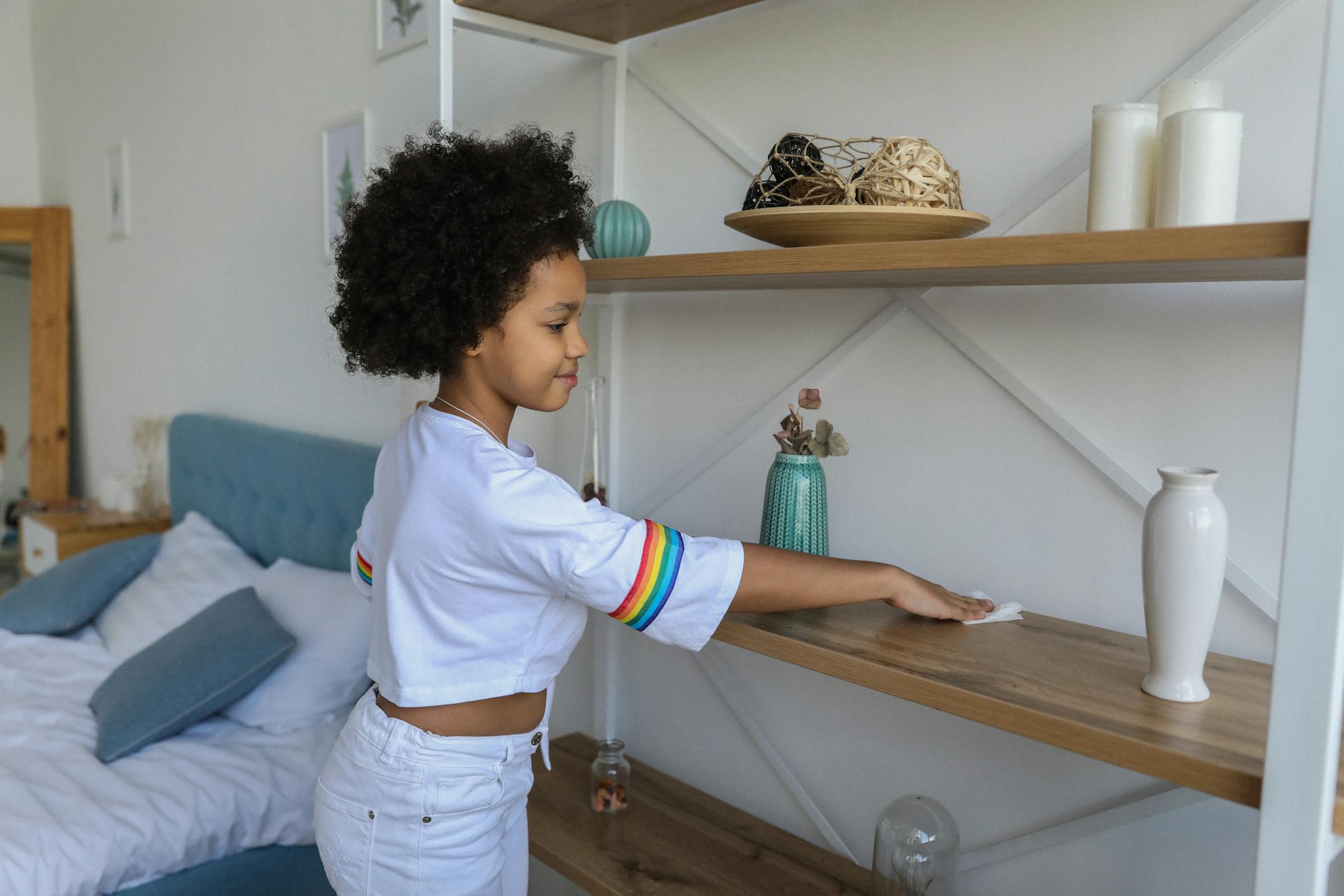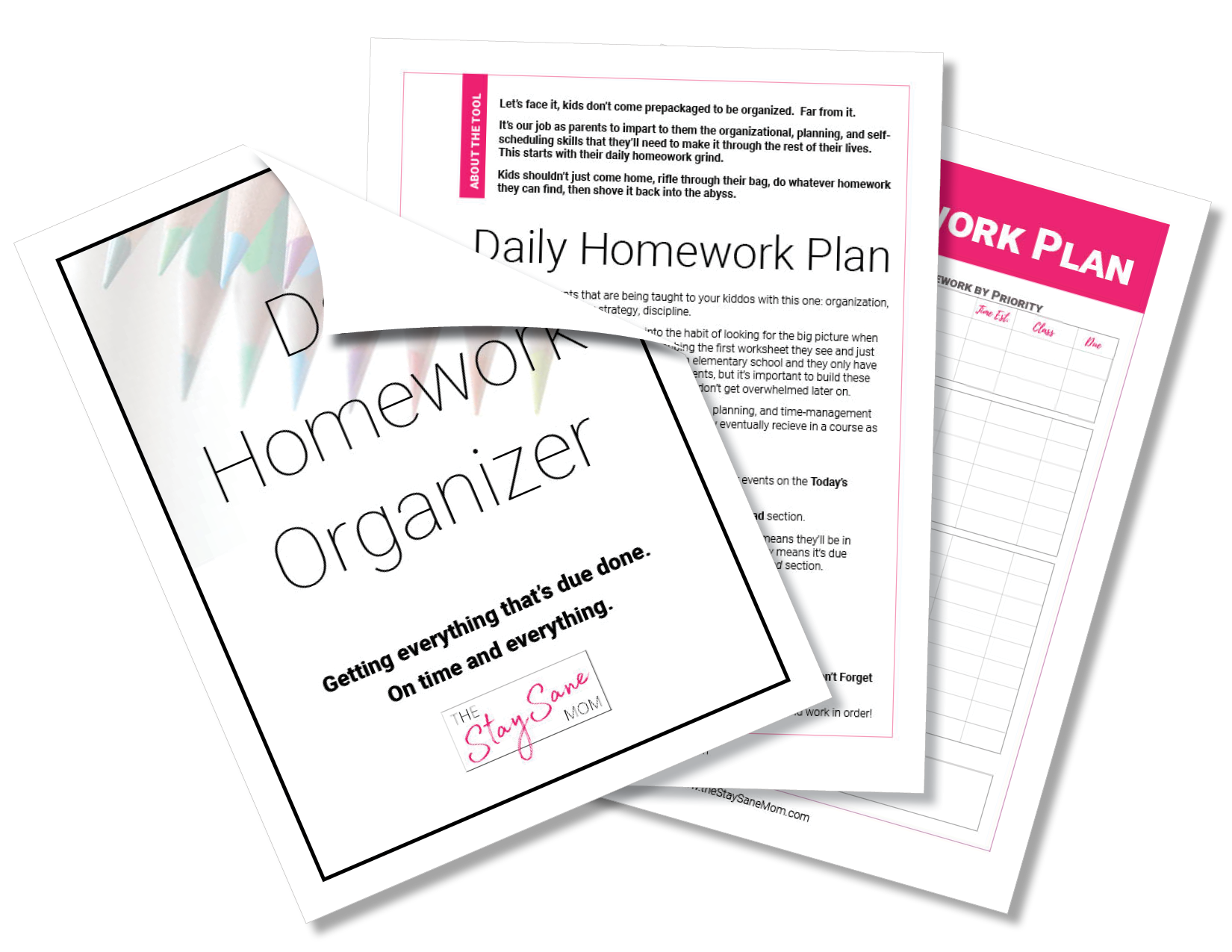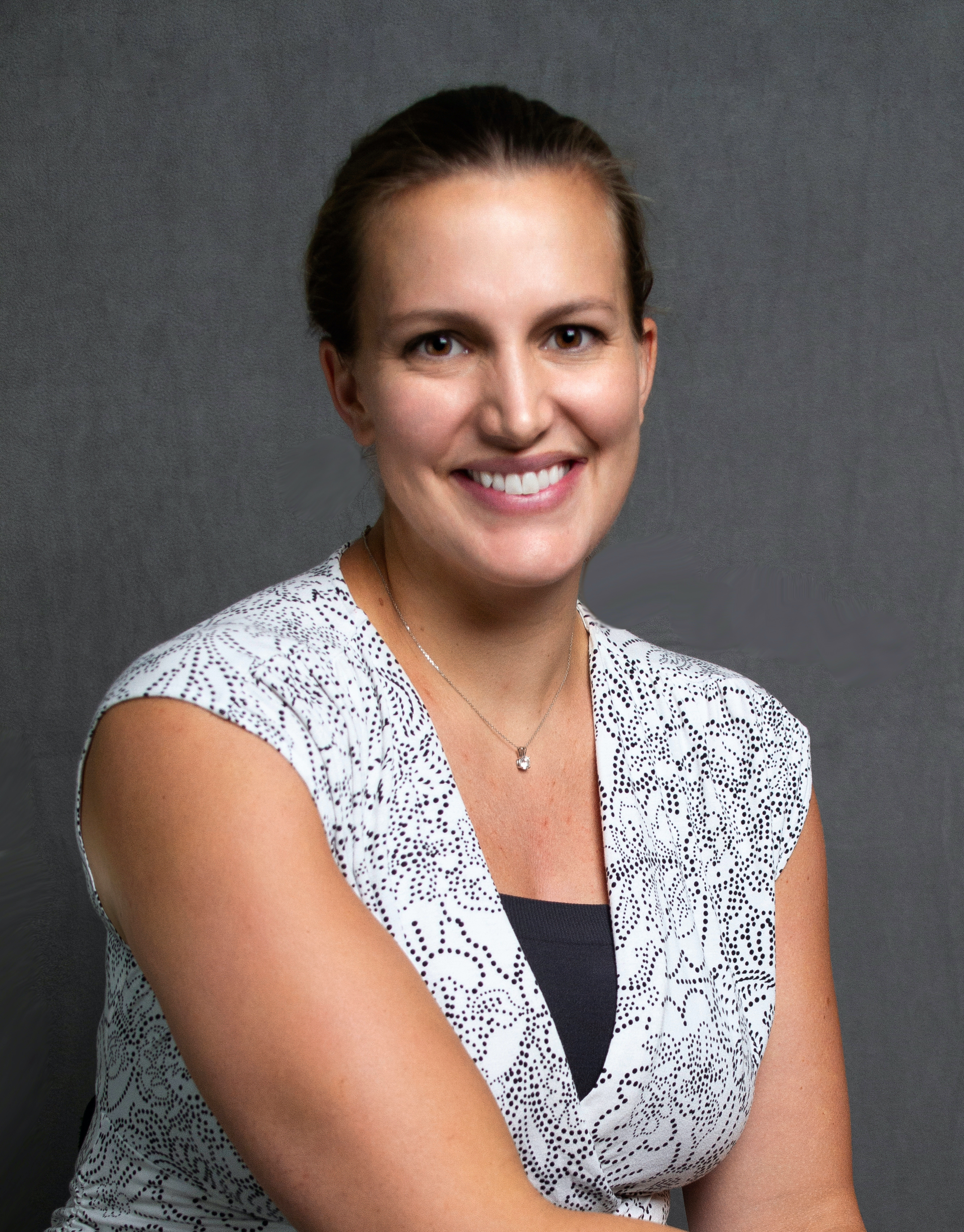How to Teach Your Kids to Handle Responsibility

How to Teach Your Kids to Handle Responsibility
One of the things most parents want to teach their kids sooner or later is how to act responsibly and how to handle responsibilities in life.
Written by Liz Bayardelle, PhD | See Comments |
Want to cut to the chase?
Kids' Homework Organizer

How to Teach Your Kids to Handle Responsibility
This post contains some affiliate links for your convenience. Click here to read my full disclosure policy.
It’s important to teach your kids a wide range of abilities and concepts as they’re growing up. One of the things most parents want to teach their kids sooner or later is how to act responsibly and how to handle responsibilities in life. This is something that you can teach them early on, as long as you don’t make it too intense for them when they’re still young. If you’re wondering how to approach this, read on to find out more.
Let Them Help
This one is hard.
Kids do stuff slowly, poorly, and with a lot of complaining. You aren't wrong. It's a total pain in the neck to let kids help with things, but it is (she begrudgingly admits) incredibly beneficial in many ways.
When they’re able to feel useful and give a helping hand, they’ll start to understand what it means to have responsibilities and take care of tasks. They’ll understand that certain things need to be done regularly. This is something you can start at quite a long age and keep it fun.
Take it Gradually (Don’t Spring Things on Them All of a Sudden)
When you’re giving your child more responsibilities, it’s all about taking things very slowly and very gradually. You don’t want to spring these changes on them and make them feel overwhelmed by change. Ideally, it should be an organic thing that increases very gradually year after year as they get older and more able to handle different responsibilities.
Be a Good Role Model
One of the most important things you can do is be a good role model. Your kids always look to you and look up to you far more than you realize. If you don’t see yourself as a role model to them, that needs to change. Try to be the person that’s there for them, and also show a willingness to act responsibly so they can copy that behavior.
Get a Family Pet
If you want your child to understand what it means to truly handle responsibilities in life, one of the best things you can do is get a pet.
As long as you’re fully committed to doing so and looking after it no matter what, it can give your child the chance to look after something that they wouldn’t otherwise have. Places like Pet-Ness can help you find supplies used to care for your dog, and your child can take part in those tasks too.
But please, for everyone's sake, only do this if you are reasonably sure your kiddos can actually handle the responsibility. The last thing anyone in your house (read: you) needs is to have yet another thing on your plate.
Teach Them About Consequences
Finally, you should think about how you can teach them about the nature of consequences and what it means to take responsibility for their actions by realizing and dealing with their consequences. Once they start to realize their actions have consequences, they’ll understand the concept of responsibility a lot better, and that’s really important for their development.
Each of the things we’ve discussed here will help you to teach your child a valuable lesson about handling responsibility in a way that’s going to be organic and understandable for them. Pick the ones that’ll work for you and give them a try in your household.
Start Your Next Step
Kids' Homework Organizer

Get Sanity, Delivered to Your Inbox.
Care to Share?
About the Author

Liz Bayardelle, PhD
Founder | Contributor
Liz (or Dr. Mommy, as her toddler started calling her after learning what a PhD was) is the happily sleep-deprived mom of a toddler (and professional raccoon noise impersonator), a sparkle-clad kidnado, a teenage stepdaughter, 200 cumulative pounds of dog, and herd of dustbunnies (if daily vacuuming doesn't occur). During nights and naptimes, she uses her PhD in business psychology as an author, speaker, and consultant. She also serves as an executive and principal for three companies, two of which she co-founded with her very patient (and equally exhausted) husband.





-Budget.jpg)